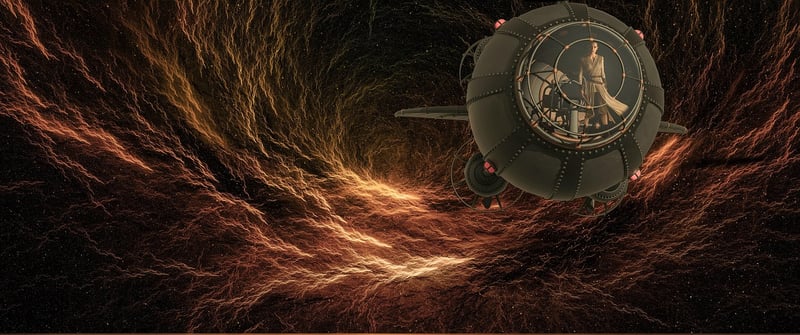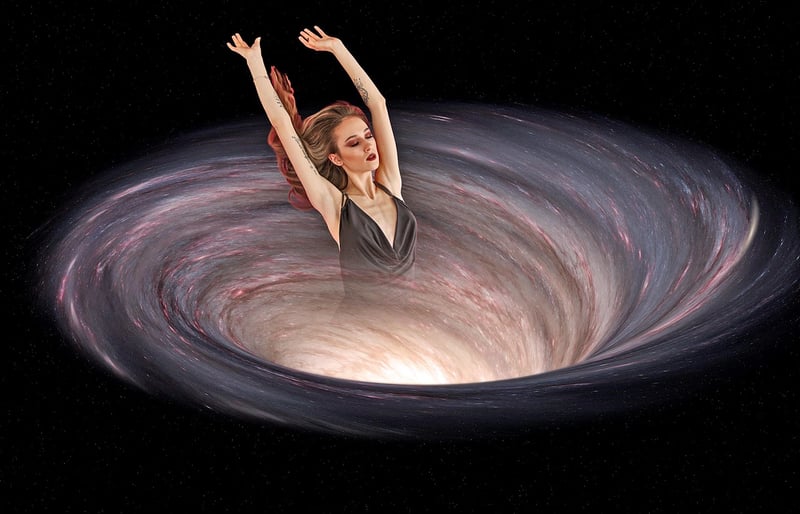Wormholes
The Science Behind Time Travel and Wormholes
Time travel has long been a fascinating concept in science fiction, but what does science have to say about it? Let's delve into the theoretical framework behind time travel and explore the intriguing concept of wormholes.
Time Travel
According to the theory of relativity proposed by Albert Einstein, time is not absolute but rather a dimension that is intertwined with space. This theory allows for the possibility of time dilation, where time can be experienced at different rates depending on the speed of an object or its proximity to a massive gravitational field.
While traveling forward in time is a well-established concept in physics, traveling backward in time is more complex. Theoretically, one could travel back in time by traversing wormholes, hypothetical tunnels that connect two separate points in spacetime.
Wormholes
A wormhole, also known as an Einstein-Rosen bridge, is a theoretical passage through spacetime that could create a shortcut between two distant points. In theory, if one end of a wormhole is moving at a significant fraction of the speed of light, time dilation could allow for time travel between the two ends.
While wormholes remain a theoretical concept, they have captured the imagination of scientists and science fiction enthusiasts alike. The stability and traversability of wormholes are still subjects of ongoing research and debate within the scientific community.
Conclusion
Time travel and wormholes are captivating topics that blend the boundaries of science and imagination. While the practical realization of time travel remains elusive, the theoretical framework provided by concepts like wormholes offers a glimpse into the fascinating possibilities of spacetime exploration.

For more information on time travel and wormholes, you can visit Space.com - Wormholes.
